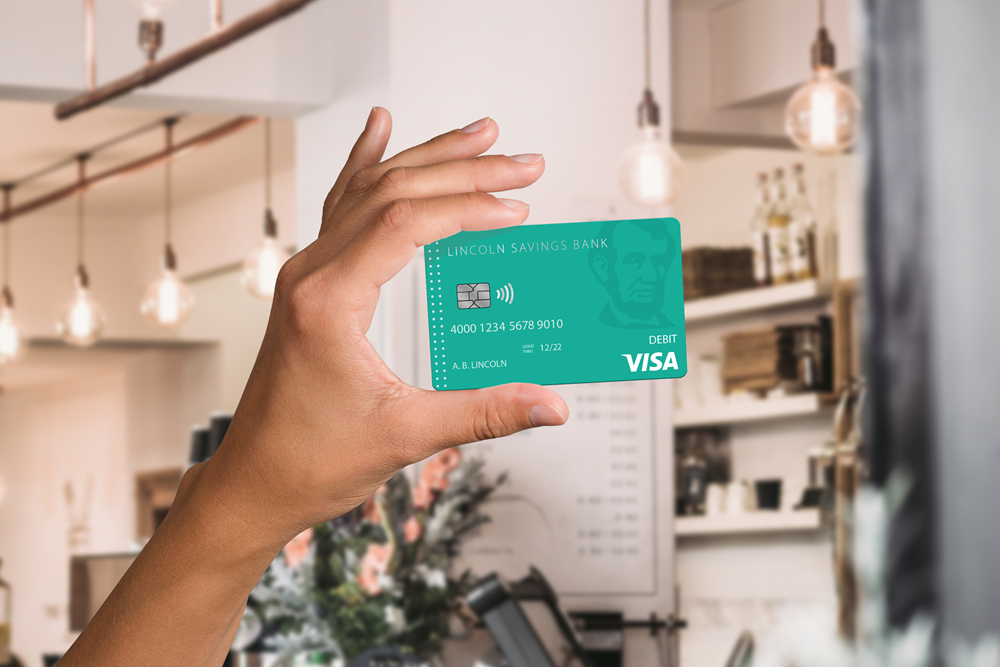
The Internet is an aspect of nearly every part of our daily lives.
We can shop, bank, connect with family and friends, and handle our medical records all online. With this added convenience comes an increased risk of being scammed. We urge you to be smart when sharing personal information to reduce the risk of becoming a cybercrime victim.
We can’t stress the importance of taking proactive steps to enhance your cybersecurity. Follow these simple steps to stay safe:
- If it seems odd, proceed with caution. Cybercriminals use phishing tactics, hoping to fool their victims. You may receive an email or call from a person claiming to be a government official, bank employee, family member, or friend requesting personal or financial information. If you ever receive a phone call or email that is unexpected and seems suspicious, kindly let them know you will give them a call back shortly. Call the person, government agency, bank, or someone else you trust to verify.
- Double your login protection. Enable multi-factor authentication (MFA) to ensure that the only person who has access to your account is you. Use it for email, banking, social media, and any other service that requires logging in. If MFA is an option, enable it by using a trusted mobile device, such as your smartphone, an authenticator app, or a secure token—a small physical device that can hook onto your key ring.
- Never click and tell. Limit what information you post on social media—from personal addresses to where you like to grab coffee. What many people don’t realize is that these seemingly random details are all criminals need to know to target you, your loved ones, and your physical belongings—online and in the physical world. Keep Social Security numbers, account numbers, and passwords private, as well as specific information about yourself, such as your full name, address, birthday, and even vacation plans. Disable location services that allow anyone to see where you are – and where you aren’t – at any given time.
- Shake up your password protocol. Consider using the longest password or passphrase permissible. Get creative and customize your standard password for different sites, which can prevent cybercriminals from gaining access to these accounts and protect you in the event of a breach. Use password managers to generate and remember different, complex passwords for each of your accounts.
- Keep tabs on your apps. Most connected appliances, toys, and devices are supported by a mobile application. Your mobile device could be filled with suspicious apps running in the background or using default permissions you never realized you approved—gathering your personal information without your knowledge while also putting your identity and privacy at risk. Check your app permissions and use the “rule of least privilege” to delete what you don’t need or no longer use. Learn to just say “no” to privilege requests that don’t make sense. Only download apps from trusted vendors and sources.
At Lincoln Savings Bank, the protection of your information is our number one priority. We strive to provide up to date information and top-level security procedures to keep your accounts safe and secure.
As always, if you have any questions or concerns, please don't hesitate to contact us or visit your local branch.
Lincoln Savings Bank
Member FDIC

